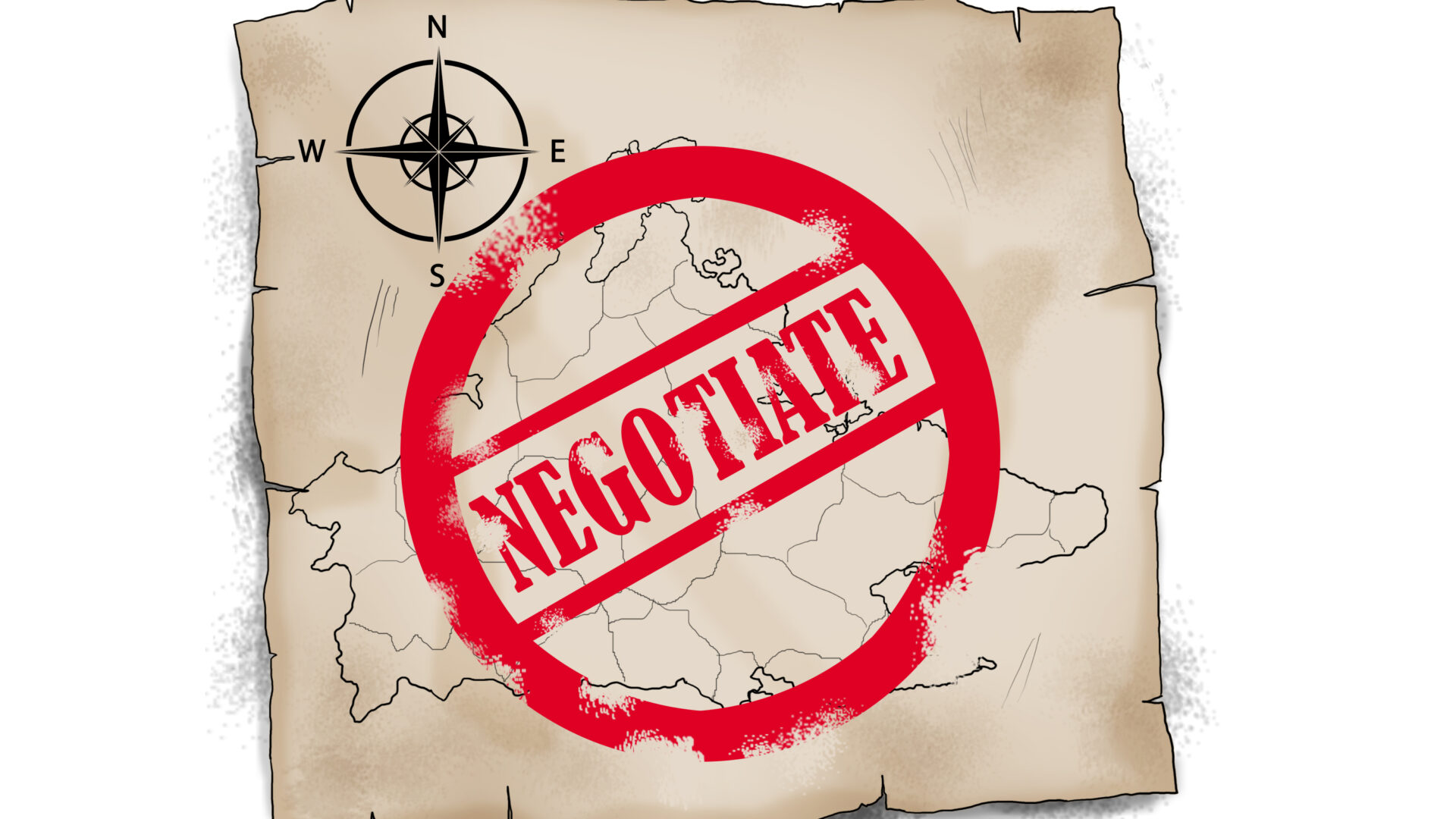Renegotiation of the terms of lease with Malaysia may be the ultimate result after the French arbitration court’s decision to award $14.9 billion compensation to the Sulu Sultanate after an 1878 lease agreement was breached.
Malaysia has ceased the annual payments to the Sultanate of about 5,300 Malaysian ringgit on the heels of the 2013 Lahad Datu incursion in which the poorly-armed Royal Sulu Army tried to retake Sabah.
The arbitration award acted on the “termination of lease” that happened as a result of the breach of the 1878 transaction among Sulu Sultan Jamal Al Alam, British government representative Baron de Overbeck and the British North Borneo Company’s Alfred Dent.
International law expert, former Defense Secretary Gilbert Teodoro, said that it would be best for legal experts to determine the details of the judgement since it would be pivotal in the sovereignty claim.
Chief Presidential Legal Counsel Juan Ponce Enrile stated that the primary problem after the issuing of the ruling is the matter of enforcement which Teodoro agreed with.
The defense chief of former President Gloria Macapagal-Arroyo said the enforcement of the actual value of the award would have to be resolved.
Since there were assets seized, the most logical move for Malaysia is to renegotiate the terms of the lease agreement, he added.
The decision determined the nature of the 1878 agreement as a lease between private individuals and an international state person, who is the Sultan of Sulu.
Teodoro pointed out the decision was based on the international commercial dispute through a contract.
The arbitration was in the nature of resolving a commercial dispute. The 1878 contract has a clause that provided that arbitration can be resorted to in case of a dispute.
The Sulu heirs brought the dispute to a Spanish arbitrator, Gonzalo Stampa. The rationale for bringing the dispute to Spain was based on the Philippines being a colony when the controversial Sabah lease agreement was signed, so there “was a nexus,” Teodoro explained.
Used as the operating law for international settlement was the Spanish Arbitration Act, but the law used in the award was the General Principles of International Law and a 2016 compilation of the principles of private commercial disputes, according to Teodoro.
Under the Spanish arbitral law, local courts were prohibited to interfere. The proceedings were later moved to France, which has a strong history on international arbitration and where the final award was handed down.
It was also in France where Malaysia was able to obtain a stay order on the arbitration ruling.
Since there was already a final award, the issuance of the order was automatic to a bailiff to attach properties when the lawyer of the Sultanate, Paul Cohen, brought it before Luxembourg to seize the Petronas assets.
The agreement dated 13 July 1878 provided that if “in the future, if there should be a dispute over our contract between our successors as well as those of Mr. Overbeck or the company, in the extremes that this contract embraces, it will be submitted to the judgement of the Consul General of Borneo (Brunei).”
According to the French tribunal ruling, there was a clear agreement between the parties to arbitrate.
“The word used in the agreement was that it is a contract and not a treaty so two private persons entered into a commercial agreement with the Sultan, whose sovereignty over Sabah was acknowledged,” Teodoro explained.
Stampa had said that it would be impossible to bring the dispute to the entity which had ceased to exist due to extremely changed circumstances.
Malaysia refused to participate in the proceedings since it considered the Sabah question as an attack on its sovereignty.
“The tribunal settled that the Sabah issue is an international commercial dispute based on a contract. That was clear in the award,” Teodoro added.
The claimants said that there is no sovereignty issue involved in the dispute.
For Malaysia to renegotiate the 1878 deal with the heirs, it must, however, cede that the nature of the 1878 deal was a lease instead of cession that it had strongly held to since 1963 when the federal state was formed.
Acknowledging that the Sultanate of Sulu owns Sabah would then be a foregone conclusion.
